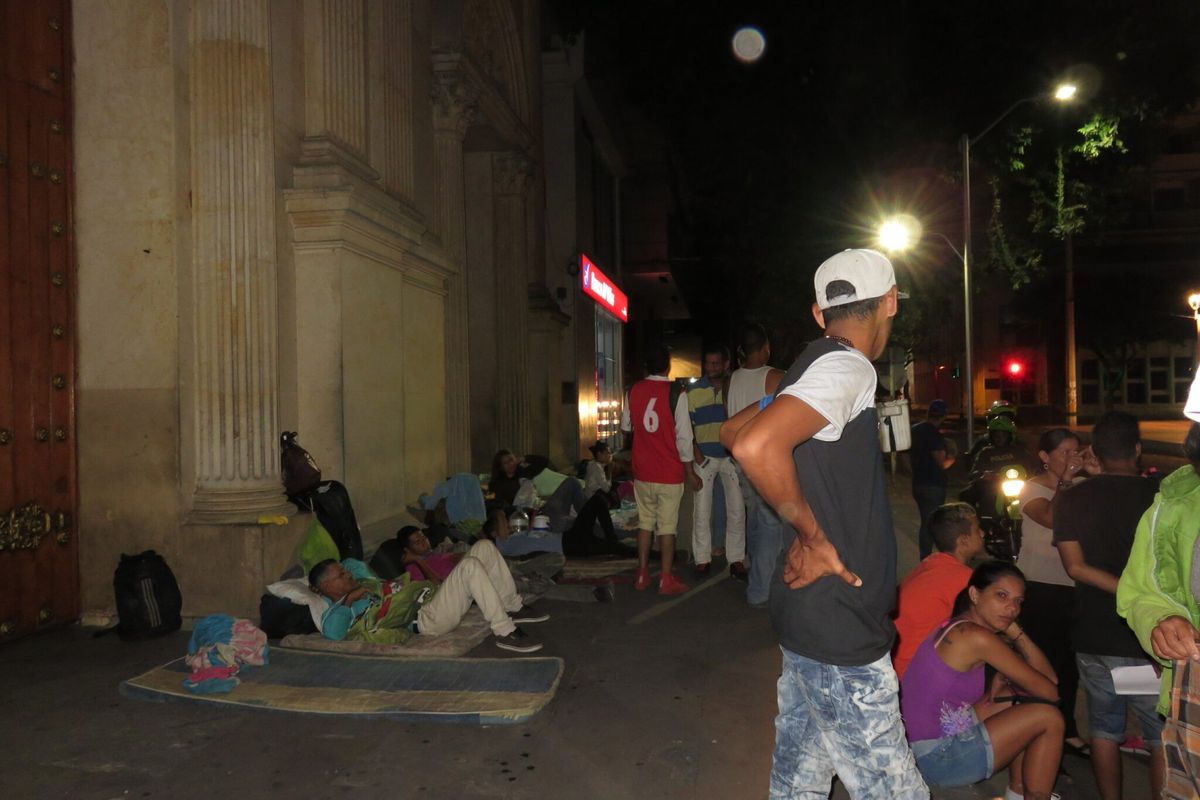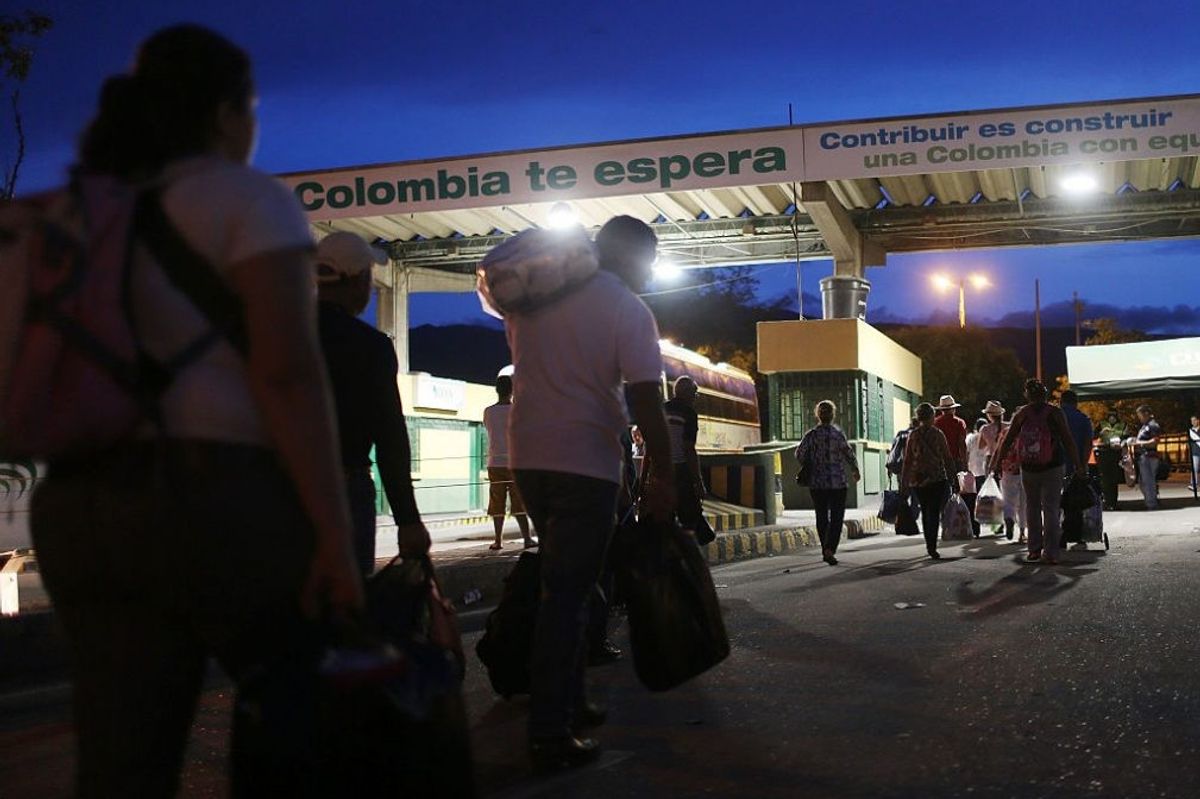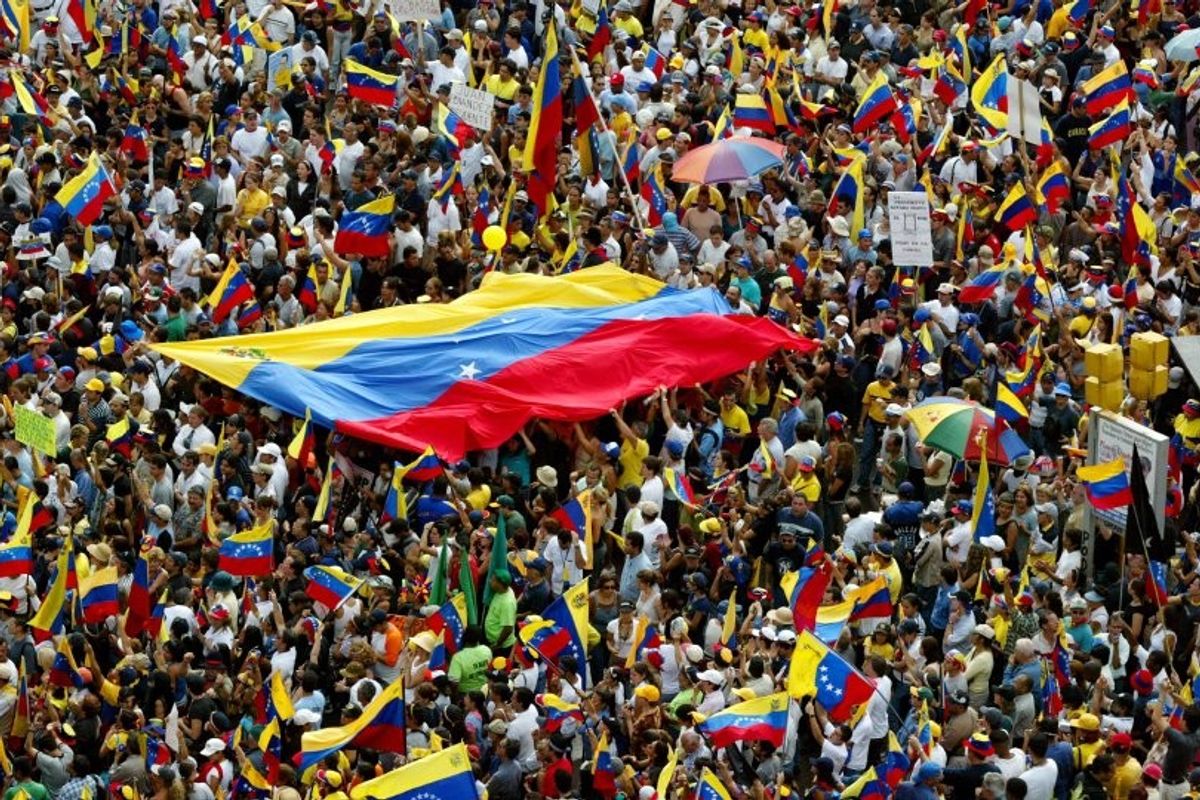Colombian President Juan Manuel Santos will not be pressured into signing a final peace agreement with the Revolutionary Armed Forces of Colombia (FARC). “I will not sign a bad deal to meet a deadline,” Santos said last week, announcing that the March 23rd deadline for Colombian peace negotiations will pass without reaching a final accord.
Peace talks between the government of Colombia and the long time insurgents have been going on since 2012, attempting to end a decades-long conflict that has displaced over six million people and killed nearly 260 thousand.
However, this delay does not come as a surprise and is not necessarily a sign that peace is out of reach. Frank Mora, the former Deputy Assistant Secretary of Defense for Western Hemisphere Affairs, told The Cipher Brief late last year that while he was “confident that this conflict will end—and that it will end relatively soon,” it would likely end after the March 23rd deadline.
The peace negotiators have managed to reach full or partial agreement on many – but not all – of the key agenda items set out for the talks, including land reform, political participation by former rebels, an end to narcotrafficking by the group, and transitional justice. However, the disarmament and reintegration process of nearly 7,000 FARC fighters into Colombian society still remains in question.
Meanwhile, former Colombian President and current Senator Alvaro Uribe has harshly criticized the ongoing peace process. As he told the Americas Quarterly in late February, “This isn’t a peace deal, it’s a capitulation in favor of the FARC.”
Despite the remaining obstacles, most experts believe that both sides have too much at stake for the talks to truly fall apart before reaching a solution. “For both sides, the cost of continuing the armed conflict is greater than the cost of negotiating an end with a graceful exit,” according to Adam Isacson of the Washington Office on Latin America.
And a final deal could be seen as a verdict on the merits of the United States’ Plan Colombia, which represents 15 years, $10 billion dollars, and what many believe to be a rare example of successful, bipartisan foreign policy.
The Cipher Brief’s experts agree that the deal is historic and that peace, in theory, will facilitate economic growth and the opportunity for the Colombian government to reach previously underserved areas.
That’s not to say that a political agreement for peace is the same as true peace. President Santos wants to secure his legacy as the leader to truly deliver peace to the Colombian people and open the door to a “post-conflict Colombia.” But even if the talks are successful, Colombia still faces the underlying triggers of the last half-century of violence – inequality, weak governance (particularly in rural areas), and the ever-present drug trade. As Cynthia Arnson, the Director of the Latin America Program at the Woodrow Wilson Center puts it, the significance of a peace deal “will be quickly overshadowed by the gargantuan security, economic, and political tasks of the post-war era that will stretch—and perhaps exceed—the capacity of the Colombian state in coming years.”
And though the FARC has held to a unilateral ceasefire agreement in place since July, violence by other terrorist groups, such as the National Liberation Army (ELN) and the bandas criminales (BACRIM), continue to plague Colombia. Our experts agree that the power vacuum – again, mainly concentrated in rural areas – left by the FARC may lead to expanded violence and a consolidation of power by organized crime.
So is the peace agreement, when reached, a political symbol more than anything else? Perhaps. In the words of Mora, the agreement will be “a major political accomplishment that has security implications” but “does not get to the root of the problem in Colombia.”










